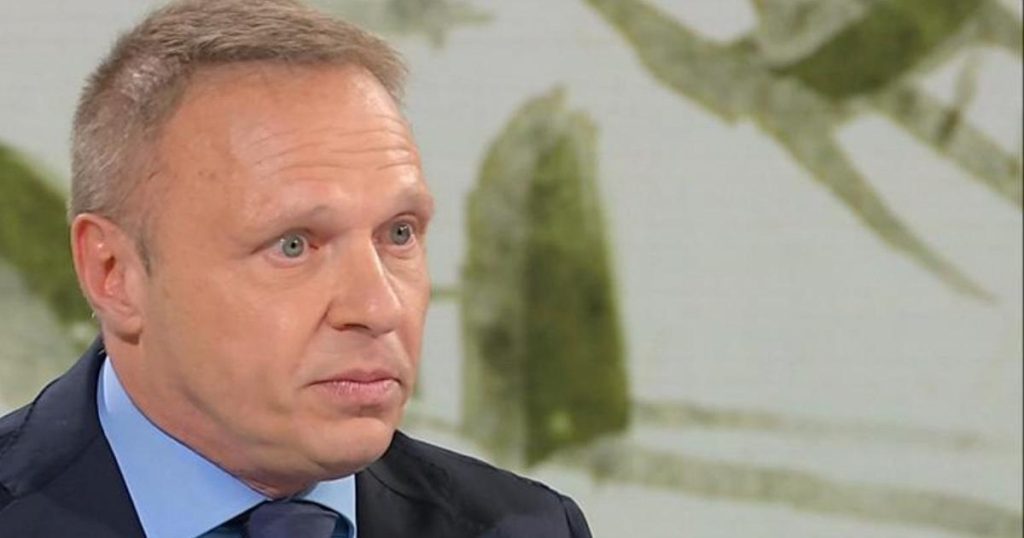In a recent interview on the show “In Mezz’ora” on Rai3, the Minister of Agriculture and Food Sovereignty, Francesco Lollobrigida, addresses the recent controversies surrounding the concept of anti-fascism. He emphasizes that the Constitution is inherently anti-fascist, as the founding fathers wanted a Constitution that would stand the test of time and be against any form of totalitarianism. Lollobrigida highlights the importance of defending freedom and opposing violence as key principles of the Constitution.
Lollobrigida delves into the term anti-fascist, acknowledging the negative connotations it has accumulated over the years. He cites the anniversary of Sergio Ramelli, a 17-year old boy who was killed by anti-fascists in 1975 for writing an essay against the Red Brigades. Lollobrigida emphasizes that the term anti-fascist has been used in violent ways, and suggests that it may be too generic to accurately convey its intended meaning. He raises important questions about the legitimacy of expelling certain groups, such as Jewish partisan brigades, from Liberation Day celebrations.
The Minister also touches upon the significance of Liberation Day celebrations in Italy, questioning the decisions made about who can participate in the festivities. He challenges the notion that some individuals may not be allowed to celebrate such a crucial day in Italian history, emphasizing the importance of inclusivity and unity in a free Italy. Lollobrigida’s remarks bring to light the complexities surrounding the commemoration of Liberation Day and the need for open dialogue and reflection on its meaning.
Lollobrigida’s interview sheds light on the importance of upholding the values enshrined in the Italian Constitution, particularly in relation to anti-fascism. By emphasizing the need to defend freedom and oppose violence, he highlights the enduring relevance of these principles in contemporary society. His reflections on the term anti-fascist and its implications serve as a reminder of the complex history and connotations associated with this term, urging for a more nuanced understanding of its use.
Overall, Lollobrigida’s interview raises thought-provoking questions about the meaning of anti-fascism, the significance of Liberation Day celebrations, and the principles embedded in the Italian Constitution. By engaging in a critical discussion on these topics, he encourages viewers to reflect on the past and consider how it shapes the present. His remarks underscore the ongoing importance of defending freedom and opposing violence in order to uphold the values of democracy and human rights in Italian society.


